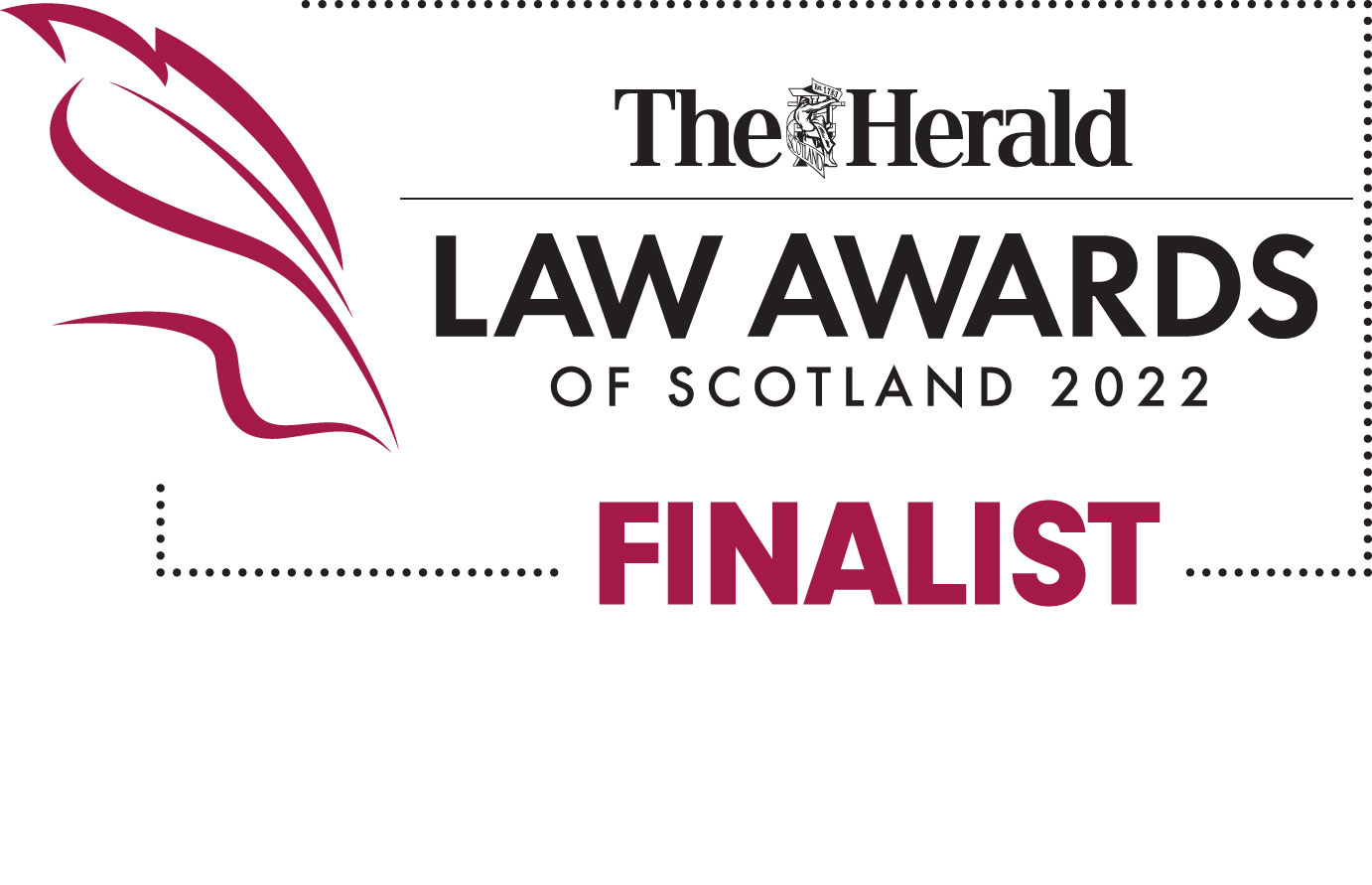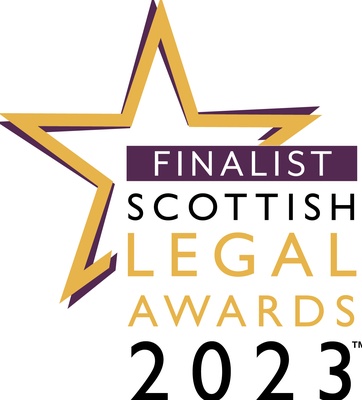Call us now: 0141 429 8166
Call us now: 0141 429 8166
Given the ever-increasing movement of people across the globe, it is becoming, unfortunately, more common to have one parent moving a significant distance with a child without the other parent’s permission.
If the move happens within the same country then internal procedures can be invoked to address this matter. It the move is to a different country however then matters can become more complex as there may be competing legal principles and procedures to consider.
The Hague Convention on the Civil Aspects of International Child Abduction 1980 is the main legislation in this area designed to address the issue where a child has been moved from his home country without the permission of both parents.
The 1980 Hague Convention assumes that where a child has been wrongfully removed or retained in a country which is not the country of the child’s habitual residence (i.e. where they usually live), then the child should be returned to the country of habitual residence so that decisions are made there. The Hague Convention has been signed by 93 different countries who are known as Member States.
Our team of Family Law solicitors have experience in assisting families seeking to have their child returned home. It is important to note that the foreign court will only be considering the issue of whether the child was wrongfully removed. They will not consider any issues as to where the child should live or with which parent. This would be a decision for the Court in the country of habitual residence provided the child is eventually returned.
The non-resident parent would have to show that they were actually exercising their rights of custody, i.e. by having contact with the child, at the time of removal or that they would have been but for the removal. If this can be established then the foreign court must order the return of the child.
There are very limited exceptions to this rule however. The foreign court may refuse to make a decision to return the child to his/her habitual residence if it can be demonstrated that the child has now settled in their country or if it can be established that the non-resident parent agreed to the removal or subsequently acquiesced in the decision. There is a further defence if it can be established that to return the child to his/her habitual residence would place him/her in danger or in an intolerable situation.
We also have experience on the other side of such disputes. Our solicitors have also represented parties who have come to Scotland with their child from abroad and the other party is seeking their return. We have defended the action for return on their behalf based on the grounds outlined above.
At Livingstone Brown we understand that parents will be under extreme stress in situations such as these. Please use our knowledge and expertise in this area to take some of the pressure from you. Our Family Law solicitors will work tirelessly for the desired result drawing on our knowledge and expertise gained from previous experience in this area. It is extremely important in such cases that you seek legal advice as soon as you become aware that the child has been removed. Time is of the essence in seeking to have the child returned.
Call us today on 0141 429 8166 or complete our online contact form.
Generally, court decrees are final. Decrees relating to care arrangements for children, including residence and contact, are intended to last until the child attains the age of 16 years.
In some circumstances however, a party can seek to change or vary a court order. In order to vary a court order in relation to children, the party seeking variation will require to satisfy the court that there has been a material change in circumstance which justifies the variation AND that the proposed variation will be in the best interests of the child/children.
It is also possible to vary an order for aliment which has been pronounced by the Court. Again, you would have to satisfy the Court that there has been a material change in circumstance from the date when the original order was made. In cases of aliment this would require to be a material change in your financial circumstances.
It is always advisable to have the benefit of legal advice if you are seeking the court to vary a family law decree. We at Livingstone Brown can assist you in making the relevant application. We can advise you generally on prospects of success, assisting you in identifying the strengths in your proposal. We can also advise you whether you could be eligible for legal aid to assist with the cost of the court process.
At Livingstone Brown we recognise that each case is different. If you wish further advice, please feel free to contact one of our family law solicitors who will be happy to provide advice tailored to your own individual circumstances. We will outline your options and act upon your instructions immediately with a view to gaining the desired outcome as quickly as possible. Call us on 0141 429 8166 or complete our online contact form to arrange an appointment with our team.
Given the ever-increasing movement of people across the globe, it is becoming unfortunately more common to have one parent moving a significant distance with a child without the other parent’s permission.
If the move happens within the same country, such as intra UK relocations, then internal procedures can be invoked to address this matter. It the move is to a different country however then matters can become more complex as there may be competing legal principles and procedures to consider. If you need guidance, please contact our family lawyers on 0141 429 8166 or by completing our online contact form.
The Hague Convention on the Civil Aspects of International Child Abduction 1980 is the main legislation in this area designed to address the issue where a child has been moved from his home country without the permission of both parents.
The 1980 Hague Convention assumes that where a child has been wrongfully removed or retained in a country which is not the country of the child’s habitual residence (i.e. where they usually live), then the child should be returned to the country of habitual residence so that decisions are made there. The Hague Convention has been signed by over 90 different countries who are known as Member States.
Our team of family law solicitors have experience in assisting families both seeking to have their child returned home to the UK and acting for clients in opposing such applications from a parent resident abroad. Such proceedings in Scotland take place in the Court of Session in Edinburgh.
It is important to note that the court in Scotland, when determining whether to return a child abroad, will only be considering the issue of whether the child was wrongfully removed. They will not consider any issues as to where the child should live or with which parent. This would be a decision for the Court in the country of habitual residence provided the child is eventually returned.
The non-resident parent seeking the child’s return to a foreign country would have to show that they were actually exercising their rights of custody, i.e. by having contact with the child, at the time of removal or that they would have been but for the removal. If this can be established, then the court must order the return of the child to the original country.
There are very limited exceptions to this rule, however. The Scottish Court may refuse to make a decision to return the child to the country of his/her habitual residence if it can be demonstrated that the child has now settled in this country or if it can be established that the non-resident parent agreed to the removal or subsequently acquiesced in the decision. There is a further defence to removal back to the original country if it can be established that to return the child to his/her country of habitual residence would place him/her in danger or in an intolerable situation.
We have considerable experience acting for parents on the both sides of such disputes. Our experienced team of family solicitors have been able to successfully defend actions for return of children on our clients’ behalf, based on the grounds outlined above as well as assisting in securing the return of children from abroad by liaising with the Scottish Government to ensure appropriate representation for clients in the foreign proceedings.
At Livingstone Brown we understand that parents will be under extreme stress in situations such as these. Please use our knowledge and expertise in this area to take some of the pressure from you. Our Family Law solicitors will work tirelessly for the desired result drawing on our knowledge and expertise gained from previous experience in this area. It is extremely important in such cases that you seek legal advice as soon you are served with proceedings or made aware of the removal.
Navigating any legal system that involves the wellbeing of a child can be complex, and often stressful. To ensure you get the best outcome possible, it is essential that you obtain specialist legal advice. Get in touch with our team today on 0141 429 8166 or by completing our online contact form.
A child’s mother is usually easily identifiable. She is person who gave birth to the child. The question of a child’s father however can be more problematic. The only way of confirming paternity is by undergoing a DNA test.
Courts in Scotland cannot order an individual to undergo a paternity test. They can request that they do so. They can make inferences if they do not, however they cannot force someone to undertake this medical procedure against their will.
Given the difficulties with paternity, the law in Scotland is based on a number of presumptions which are contained in Children (Scotland) Act 1995, namely that a man will be deemed to be the father of a child:
If you wish to be formally recognised as your child’s father but you are not named on the birth certificate nor were you married to the child’s mother, then we can assist you in either liaising with the child’s mother to arrange a DNA test, or raise the relevant court action for Declarator of Parentage.
If you wish to dispute that you are in fact the father of a child, it is possible to displace the above presumptions. The best way of doing so would be by way of a DNA test. We can assist you in arranging this with the child’s mother or, in the event that she is not willing to cooperate, with raising the necessary court action to have the court confirm that you are not the child’s father. This is called a Declarator of Non Parentage.
Our experienced team of family lawyers have had extensive training and have experience in both mediation and collaborative law, thus having all the necessary skills to adapt their approach to the needs of each client to ensure the best outcome is achieved. Call us on 0141 429 8166 or complete our online contact form.
Where there are contentious issues arising in respect of important decisions in relation to a child’s welfare, and those with parental rights and responsibilities are unable to agree, the Court can be asked to make a decision in respect of a specific issue. When dealing with such a sensitive area of law, it is vital that you gain specialist advice from a family lawyer. Get in touch with our team today on 0141 429 8166 and see how we can help you.
Some examples of specific issues on which the Court are asked to deliberate are:
The court may make such an order where the child is below 18.
The court will have regard to the welfare of the child as its paramount consideration and will operate on the “no order principle”. That is, it is bound not to make any order unless it is satisfied that it is better to make an order than that none should be made.
Such orders will deprive a person of his parental responsibilities and rights only in so far as it is necessary to give effect to the order. That is, a person is not deprived of his existing parental rights, he is bound only not to act in any way which is incompatible with the order.
Any person with parental responsibilities and rights may seek a specific issue order, but it is also open to anyone who claims an interest in the child to seek such an order. Examples include siblings, other relatives or medical practitioners. The child himself may seek an order to remove a parent from decision making on a specific matter so long as he has legal capacity. Local authorities are unable however to seek such an order.
At Livingstone Brown we have vast experience in both applying for and opposing specific issue orders. In the area of relocation in particular, we have an extremely high success rate in opposing the child being relocated. Having a firm understanding of the issues which will be considered by the Courts in such cases makes our family lawyers best placed to either assist you in applying for a specific issue order or, alternatively, to assist you in opposing any order. Call us today on 0141 429 8166 or complete our online contact form.

Livingstone Brown is a leading firm of Scottish solicitors. Based in Glasgow, but dealing with cases around the country, the firm has been at the forefront of legal service provision for over thirty years.
If you have a legal problem, getting good quality legal information at the earliest stage can be invaluable. The firm offers a free initial enquiry service; all you have to do is call in, telephone, or e-mail. You won't be charged for your enquiry; we'll let you know by return whether we can help, what we can do, and how much it's likely to cost. We can also offer legal aid where available.
Led by former senior partner Gerard Brown CBE, who continues as a consultant, the firm has built up an enviable reputation for quality of service and client care.
The firm has won various awards over the years. In the 2019 edition of the prestigious Legal 500 rankings Livingstone Brown was ranked as a 'top-tier' firm for general criminal work, and is also recommended for fraud cases. Stuart Munro and Gerard Brown were named as 'Recommended Lawyers'. In the Chambers directory the firm has a Band 1 ranking for criminal work, and Stuart Munro is a ranked financial crime lawyer. The firm was named Criminal Defence Firm of the Year and Family Law Team of the Year at the Scottish Legal Awards 2019.
Reliable, expert advice you can trust. Get in touch today










